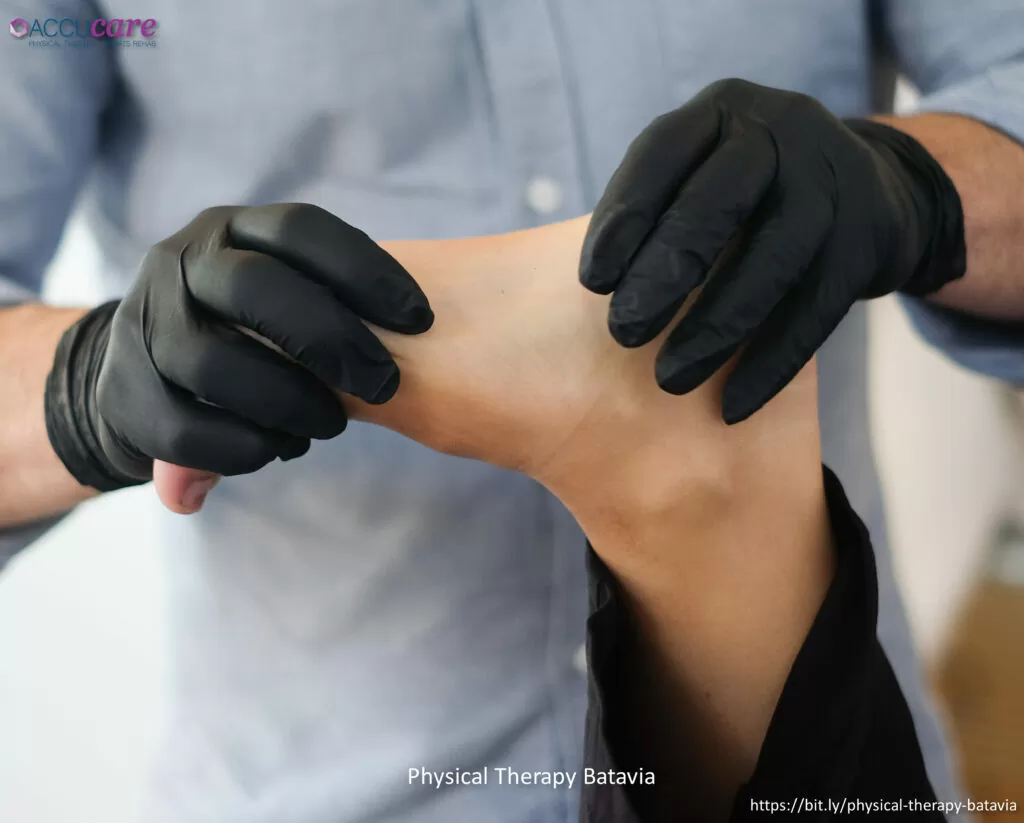How Occupational Therapy Can Help You
Occupational therapy is an occupational therapist’s goal to help people of all ages participate in the activities they want and need to do, work or volunteer, live independently, and have satisfying lives. Occupational therapists use various skills tailored to each person, including sensory integration, psychomotor skills training, problem-solving skills training, cognitive-behavioral interventions. This post will discuss occupational therapy for children on the autism spectrum. Information can be found here.
Occupational Therapy can help you. It is a hands-on approach that works with your body and brain to teach everyday activities and work-related skills. Occupational therapists focus on what people need for daily living, from the moment of injury or diagnosis to recovery and beyond. While some may think OTs are only for those injured in accidents or had a stroke, it also helps those suffering from chronic pain conditions such as arthritis, cancer, Parkinson’s Disease, and many others. It doesn’t matter if someone has an actual physical disability; occupational therapy can still treat them too! For example, Occupational Therapists will look at how certain conditions impact your ability to dress or brush your teeth. See here for information about What You Need to Know About Occupational Therapy.

Occupational therapy is a profession that helps people across the lifespan participate in the things they want and need to do through occupational performance – whether it be at home, school/work, or in their community settings. It can help with any problem that affects your physical well-being, such as pain management, fatigue issues, and communication problems. Occupational therapists are concerned with helping children who have difficulty learning how to write because of fine motor difficulties; adults diagnosed with multiple sclerosis whose balance has been affected by walking changes due to disease progression or treatment side effects; stroke survivors re-learning self-care activities after injury. Additionally, occupational therapy plays a significant role post brain injury when cognitive deficits make goal-directed tasks and self-management difficult.


